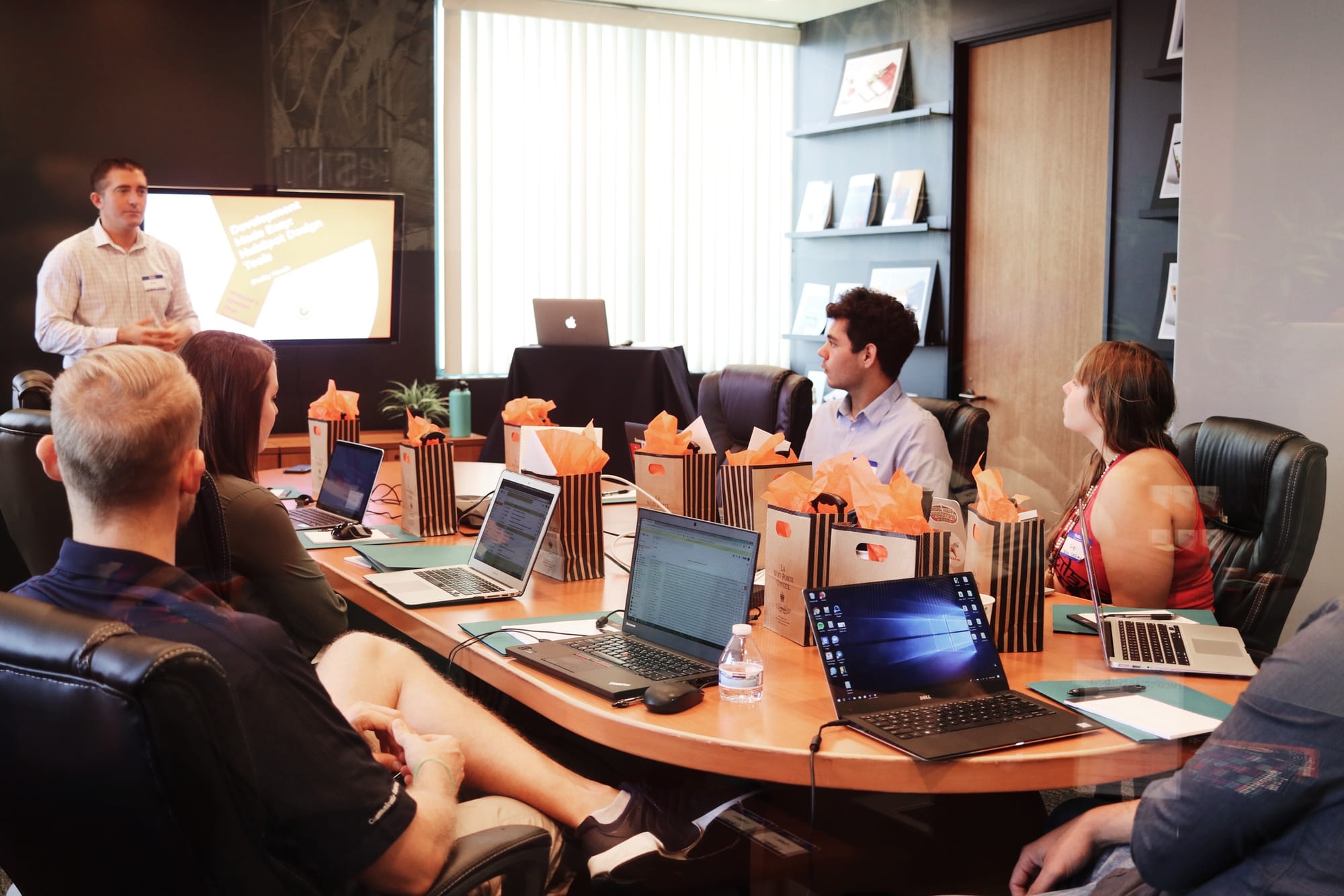The founders / investors communication paradigm

"I think there’s a 70 percent chance you’re going to lose all your money, so don’t invest unless you can afford to lose it."
This is how Jeff Bezos, founder of Amazon, convinced his early investors to put in their hard-earned money into what was then a mere online book retailer. In 2018, Amazon’s market capitalization sat at roughly $873 billion (as of July 31st, 2018) ahead of Alphabet Inc. ($849 million market cap) and Microsoft Corp. ($818 billion) - data from Nasdaq.
The huge online retailer just broke into the fortune 500’s top ten in 2018. Against most odds, the early investors are reaping huge benefits from their initial investment.It doesn’t take a lot of effort to understand that the relationship between early investors and founders is complicated.
It has ramifications tying emotions to cost-benefit analysis with egos in between.Just type early investor / founder on Google (Jeff Bezos being an early investor in the startup then) and the search engine shall fill in “sue” for you.
The Ownership Bias
From a behavioral psychology standpoint, I have found a way to explain the pain points in this atypical relationship while reading my favorite behavioral economist Dan Ariely’s “Predictably Irrational”.The same way a mug becomes valuable once we claim ownership over it, the founder sees his startup as his biggest life achievement and takes pride in it.
People create a connection with what they own and familiarity leads us to overvalue our own possessions.
This is why the market in possessions is prone to distortions and outright market failures. People selling their possessions will charge a price no potential buyer would see as reasonable.On the other hand, venture capitalists and early investors are as rational as spending makes us.
They function according to market values, its cold, sharp edges, cost benefit analysis and probability assessment (hence the “70%“ tale told by Bezos to his investors leading them to trust him despite the odds).
Experiments On Money & Greed
Another way to comprehend the different aspects of a founder/investor relationship lies in the steam that runs their mutual interest: it’s money. Investors have it, founders need it. A brilliant international study (including researchers from SWPS University in Wrocław, University of Illinois in Chicago, and the University of Minnesota) tested the effects of money on children aged 3 to 6 years old.
The choice of this young age implies that the experiment subjects are not aware of the value of money.During the experiment, the children were given various tasks to complete. The first group (study group) had to sort coins and banknotes.
The second group (control group) was sorting buttons or candy. Next, children in each groupe were asked to help other children with their tasks, to share their prize or to complete a difficult task - such as sorting a puzzle or finding their way through a labyrinth.Interestingly enough, the experiment shows that children who had contact with money showed a spike in egoistical “selfish” behavioral patterns coupled with a decrease in pro-social behaviors (including team work, empathy, sympathy, helping others).
To push it a level further, they were less cooperative with the researchers, saved more awards for themselves, and were less likely to share their earnings. And we are here talking about candy. Not so hard to superpose the picture on venture capitalists and founders who were once candy enthusiasts too.

What’s even more puzzling is the motivational power of money on humans in a simple carrots-and-sticks dynamic: the children in the study group were more persistent in completing individual tasks. As many as 81% of the children who had contact with money, were focused on finding their way through a labyrinth for two minutes longer than the other children.
Only 50% of the children from the second group displayed equal perseverance.
Money appears to have both positive and negative effects on our behavior. On one hand, it encourages self-sufficiency and hard work.
On the other hand, it destabilizes relationships dynamics and discourages positive social interaction. For a startup to get off the ground, the people in charge (i.e., founders and investors) need to be aware of such effects of money on the relationship dynamics.
Navigating the Frenzy
In this frenzy of emotions, eagerness, greed and beyond, we tried to sum up some important principles that should “lubricate” the investor / funder relationship. Something we all need for the sake of our economy- knowing that start-ups are the most reliable job creators in the USA.
Objectivity: telling the good news as well as the challenges
Based on my own experience with startups, I know for a fact that founders tend to share the good news, even exaggerate them and still feel objective.
Although good news are great, overcompensation often backfires, spirals beyond control, and breaks the transparency and honesty deal.Founders should report their challenges on time, balance out the good news with the hurdles ahead because those what interest investors the most.
As a matter of fact, founders should redefine the role of investors from simply cash providers to advisors, with valuable hindsight and experiences to share.
This actually engaging to the investors. It makes them actively involved with the startup and willing to run the extra mile for their effort and investment.
Numbers Tell It Better
Numbers are perfect for rational-minded people when market values apply. Numbers can’t be biased by emotions, they tell a story loud and clear.
Things like charges, revenue, forecasts, cash in, cash out etc. gives a better understanding of how things are going. From The product/market fit all the way to scaling, KPI are more telling than hopes, hence, founders should put together a plan, and monitor it regularly with the investors.
This sheds light on potential difference, tallies up cash burn rates and rings the alarm right on time if need be.
It’s a Team Job
If asked to come up with a “guns” metaphor for the roles of founders and investors I’d say:
Investors load the gun, founders pull the trigger.
It’s a team job, where investors business, know-how and background brings about funds and network while founders implication, sweat and genius crystalizes the effort onto a viable business.Good investors have extensive knowledge on how to scale companies the right way.
They have seen successes and failures and fully understand the odds.
Beyond business: Chemistry!
An elegant quote by Om Malik, Partner at True Ventures and founder of Gigaom goes:
“Seed investors who are in for the long haul need to love the entrepreneur enough to have a fair and honest and constant communication while building the company.”
I think the word “love” here is telling. It’s fuzzier than just cold business. And if emotions are involved, chemistry should be the catalyst.Both founders and investors will be spending a considerable amount of time and energy with little pauses for this to work. So, as much as skills are needed, there is a nearly religious faith that smooths over any tension and compacts the team around the spouting project.

Keywords: Investors, Startups, VC, Founders
Mehdi Mezni - 2019